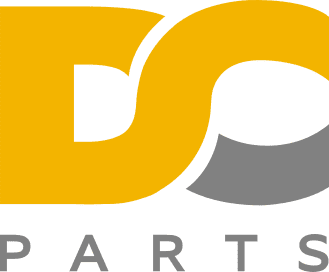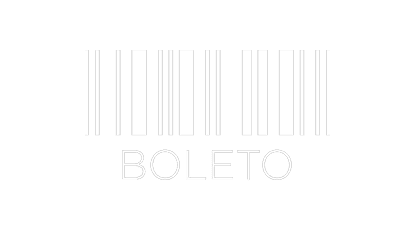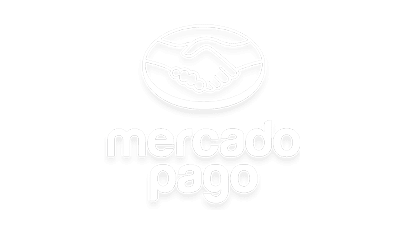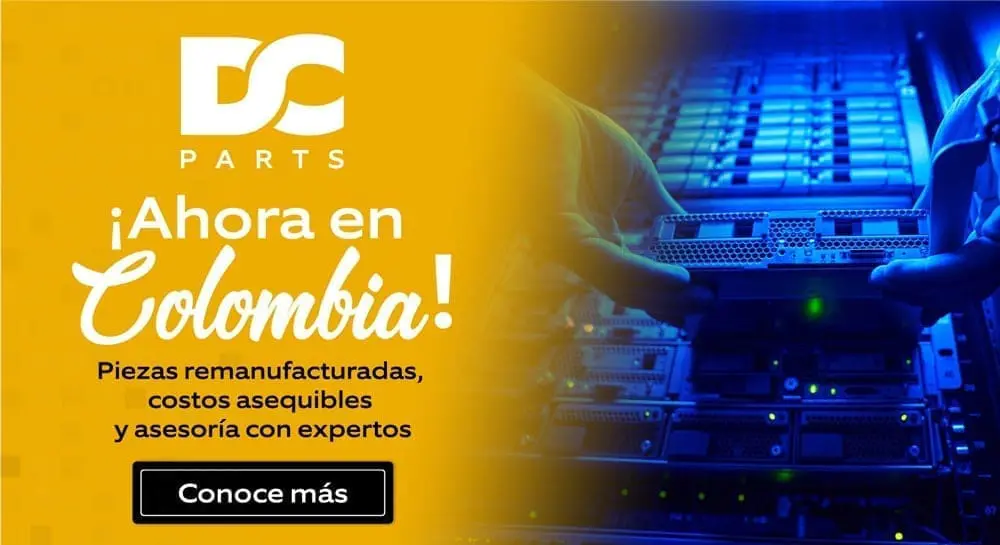It seems we can’t find what you’re looking for. Perhaps searching can help.
EOSL
EOSL significa “End of Service Life”, que é o fim da vida útil de um produto ou serviço. Quando um produto atinge o EOSL, isso significa que o fabricante não oferecerá mais suporte técnico, atualizações de software, correções de segurança ou substituição de peças para esse produto.
O EOSL é uma parte normal do ciclo de vida de um produto e geralmente ocorre após o fabricante ter fornecido suporte por um período específico de tempo, conforme determinado pelos termos do contrato de suporte ou pela política da empresa.
Para os usuários, o EOSL pode ter várias implicações:
1. **Fim do Suporte Técnico**: Sem suporte técnico do fabricante, os usuários não terão mais acesso a assistência para resolver problemas técnicos ou receber orientação sobre o uso do produto.
2. **Sem Atualizações de Software**: O produto não receberá mais atualizações de software, o que significa que os usuários podem ficar vulneráveis a falhas de segurança ou não ter acesso a novos recursos ou melhorias.
3. **Disponibilidade Limitada de Peças de Reposição**: Com o EOSL, a disponibilidade de peças de reposição pode se tornar um desafio, pois o fabricante não estará mais produzindo ou fornecendo peças para o produto.
4. **Risco de Conformidade**: A utilização de produtos após o EOSL pode representar um risco de não conformidade com regulamentos de segurança ou requisitos de conformidade, especialmente se o produto não estiver mais recebendo atualizações de segurança.
Portanto, é importante que as organizações estejam cientes das datas de EOSL de seus produtos e desenvolvam planos para mitigar os riscos associados, como atualização para produtos suportados ou implementação de medidas de segurança adicionais.
